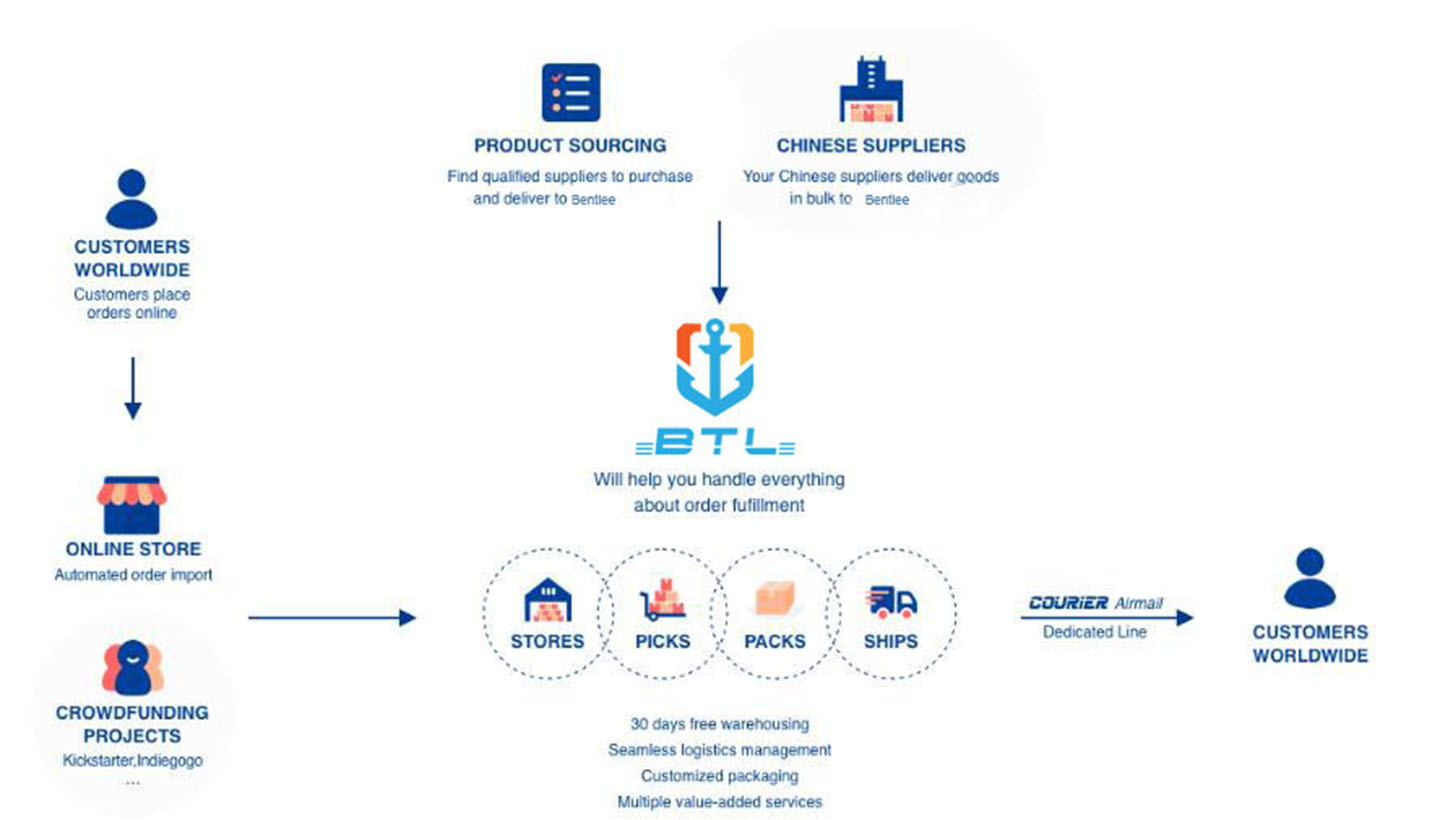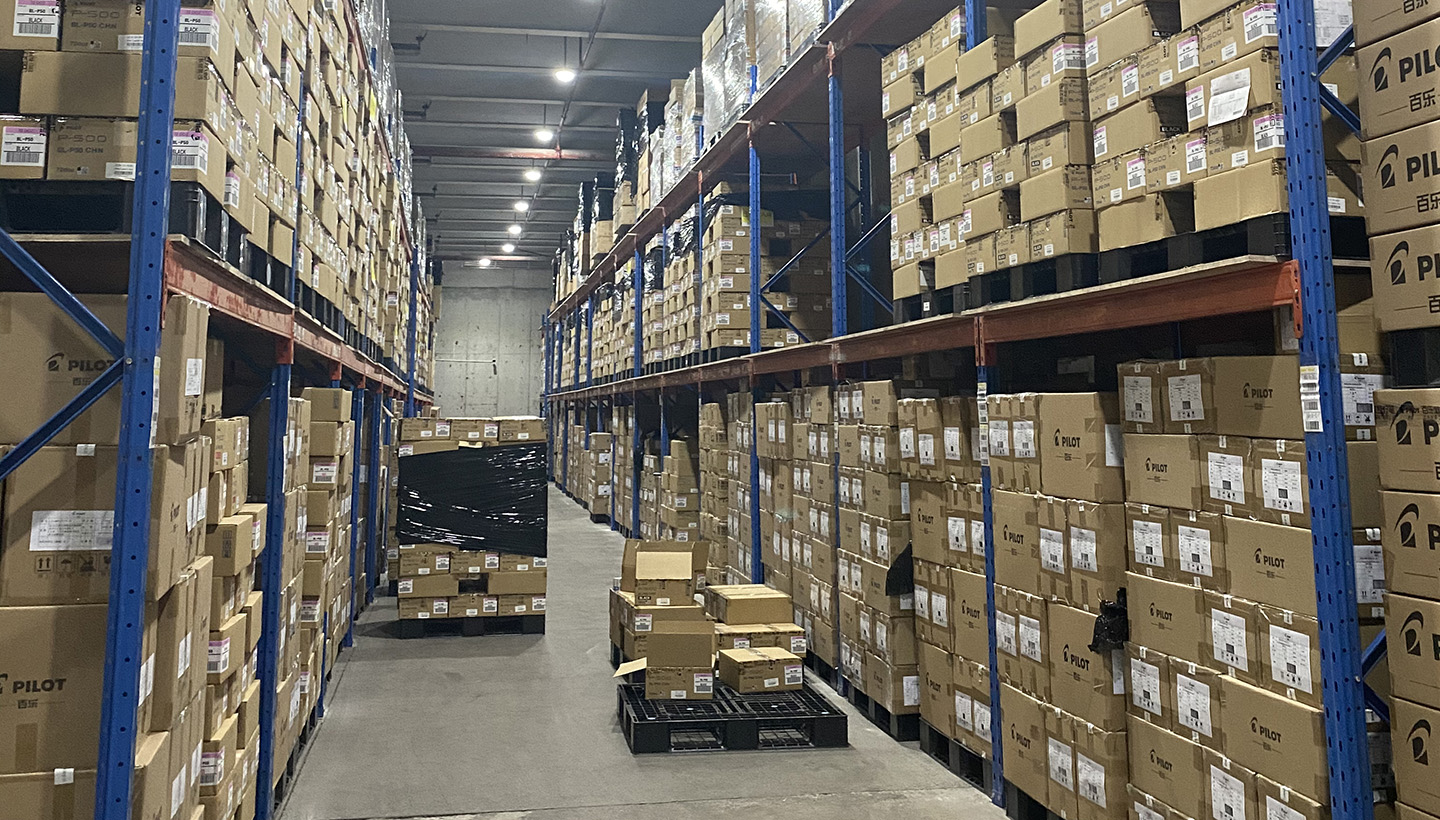The race for renewable energy faces a major hurdle: Uyghur forced labor.
Simply put, a new policy briefing says, investors and governments are not doing enough to proactively and effectively address “systemic” modern slavery risks in green technologies due to a reliance on supply chains stemming from China’s Xinjiang Uyghur Autonomous Region, where coerced labor has become a hallmark of a broader religious and cultural crackdown against Uyghurs and other Turkic Muslim minorities, though Beijing itself has vehemently denied this. Warehousing

“Given the Chinese government’s direct involvement in these human rights abuses, investors in green energy sourcing from the Uyghur region face heightened risks and reduced options,” said Anita Dorett, director of the Investor Alliance for Human Rights. “The inability to conduct human rights due diligence on the ground, the impossibility of direct remediation, and the absence of investor leverage will necessitate divestment from any supplier operating in the Uyghur region.”
With the transition from fossil fuels becoming an increasingly urgent concern, investments in solar power and electric vehicles have soared, said the “collective action” platform Investor Alliance for Human Rights, the non-profit Anti-Slavery International and Sheffield Hallam University’s Helena Kennedy Centre for International Justice on Tuesday. Yet these industries are “heavily exposed” to forced labor risks because of Xinjiang’s dominance as a sourcing and production destination. An estimated 35 percent of the world’s solar-grade polysilicon is produced in the province, as is a mounting share of the lithium, nickel and graphite used to manufacture the EV industry’s lithium-ion batteries.
The problems facing investors, the report said, are manifold. While such professionals have a “comprehensive” understanding of how exposure to Uyghur forced labor affects different tiers of the solar supply chain, they have a “less granular” understanding of the risk in the EV battery supply chain. They also have a limited grasp of how state-sponsored forced labor compares with other forms of modern slavery, and attempts at due diligence and responsible stewardship are thwarted by China’s restrictive legal and political environment. Related Stories Topics UFLPA Needs to 'Aggressively Step Up' Enforcement, Lawmakers Say Topics Civil Unrest and Political Risks Could Undermine 'Friendshoring' Movement
Governments, too, have a responsibility to bear, the report said, citing the lack of sufficient financial incentives and regulatory measures to promote the development of renewable energy markets outside of Xinjiang.
Without “definitive action” from investors and policymakers, said Caroline Dale, a representative for the Helena Kennedy Centre for International Justice, the clean energy transition is at risk of becoming “inextricably linked to the persecution of the Uyghur people.”
There’s environmental hypocrisy to contend with, too. According to the International Energy Agency, green technology processing in Xinjiang heavily hinges on coal-generated electricity—the key to its cost-competitiveness. But what this means is that the solar industry is at risk of greenwashing, “delaying the urgent move toward net zero,” the report said.
The organizations say they recognize the tension that Uyghur forced labor is causing between ESG and the investment world. At the same time, they must “not simply accept” the transition’s “current reliance on systemic persecution of a population.” It’s also a legal issue: With the enactment of the Uyghur Forced Labor Prevention Act in the United States and the anticipated market ban on forced labor goods in the European Union, there is legal peril for those involved as well.
In its guidance, which includes a detailed “decision tree,” the report notes that divestment, disengagement and collective engagement are the “only responsible approaches” to risk management. And rather than accept the status quo, investors should be funneling investments into companies with alternative ways of driving the green energy transition and lobbying governments to craft policies to scale up the development of ethical supply chains. Investors, it added, must cast an eye toward long-term value creation of equitable and sustainable energy solutions, “even if doing so might bring less stable financial returns in the short term.”
“The global efforts to address climate change and move to clean energy should not come at the expense of increasing the risks of people being exploited,” said Jakub Sobik, communications director at the Modern Slavery and Human Rights Policy and Evidence Centre, the London-based think tank that funded the research. “We hope this new evidence can inform…investors’ efforts to minimize these risks in practice.”
Receive Our Daily Newsletter & Special Offers
Get the news straight to your inbox

Warehousing This data-rich presentation takes a deep dive on shopping behavior, discount strategies, what’s making Gen Z tick and more.